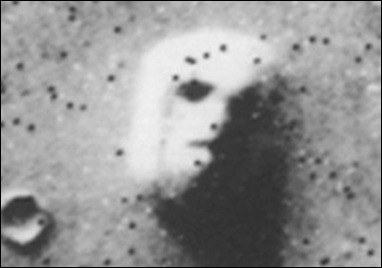Wayne,
I can’t wait to play poker with you. You never seem to make the inference to design, so I could cheat to my heart’s content. I could get ten royal flushes in a row, take all your money, and you would remain perfectly happy knowing that “improbable events can and do happen.” Or would you… ?
If you want to say that you wouldn’t because my cheating is a significant possibility that must be seriously considered, you would be right. But you are wrong to assign a low prior probability to the possibility that God exists and was aiming at a life-containing universe. We humans tend to think that naturally anyway, but even if we didn’t there is abundant historical precedent for taking that possibility seriously. So it is not correct that there is an “absence of any evidence for God.” It isn’t directly empirical evidence, but it’s good evidence nonetheless.
I’m not sure why you are considering the possibility that God’s activity (or aliens’ activity) might “perfectly mimic natural forces.” They might of course, but then we would not be inclined to think there was any intentional activity. It is only in cases where such activity does NOT mimic natural forces that we would be inclined to posit a personal explanation.
The images from Mars are a good example here, but not because they show that there is anything wrong with the fine-tuning argument. It is because they show that we do have strong inclinations to infer intentional activity when we see improbable events matching up with patterns that are already familiar to us, and also that those inclinations come in degrees proportional to the degree of resolution we discover in the patterns. The photos are indistinct and difficult to discern. For that reason we easily defeat any inclination to think aliens were at work, and those who don’t defeat that inclination (i.e., the people who post articles on social media) are not reflecting carefully enough. But we can easily imagine the degree of resolution being so great that we would have no choice but to ascribe it to some sort of intentional activity. Suppose the Mars rover had returned a fully detailed map of New York City, complete with bridges and streets. And Central Park. We wouldn’t know how it got there, but we would be quite sure it wasn’t just wind erosion, and we would also know that a person of some sort was responsible for its being there.
In the case of cosmic fine-tuning, the match with the “narrow” life-permitting ranges is quite striking. It generates a great deal of cognitive pressure to think there was intentional activity. It can be defeated of course, but only by strong counter-evidence, which we lack. (The problem of evil is sometimes cited as such. You haven’t tried that yet, but for the record I don’t think that will work either.)
Wayne, the fine-tuning argument does not force unbelievers to become believers. If anyone is making that kind of claim for it, that person is over-reaching. But it can supply us with important evidence that we don’t live in a completely naturalistic universe. There is nothing “bogus” about it, unless someone over-reaches. But that, in turn, requires that claims of incompatibility (such as Coyne’s) be dropped. It is not rational for Coyne to make those charges against religious belief. If he were merely noting that theism had not been proved, he would be reasonable and right. But he wants more than that, and he’s going to have to give it up.
